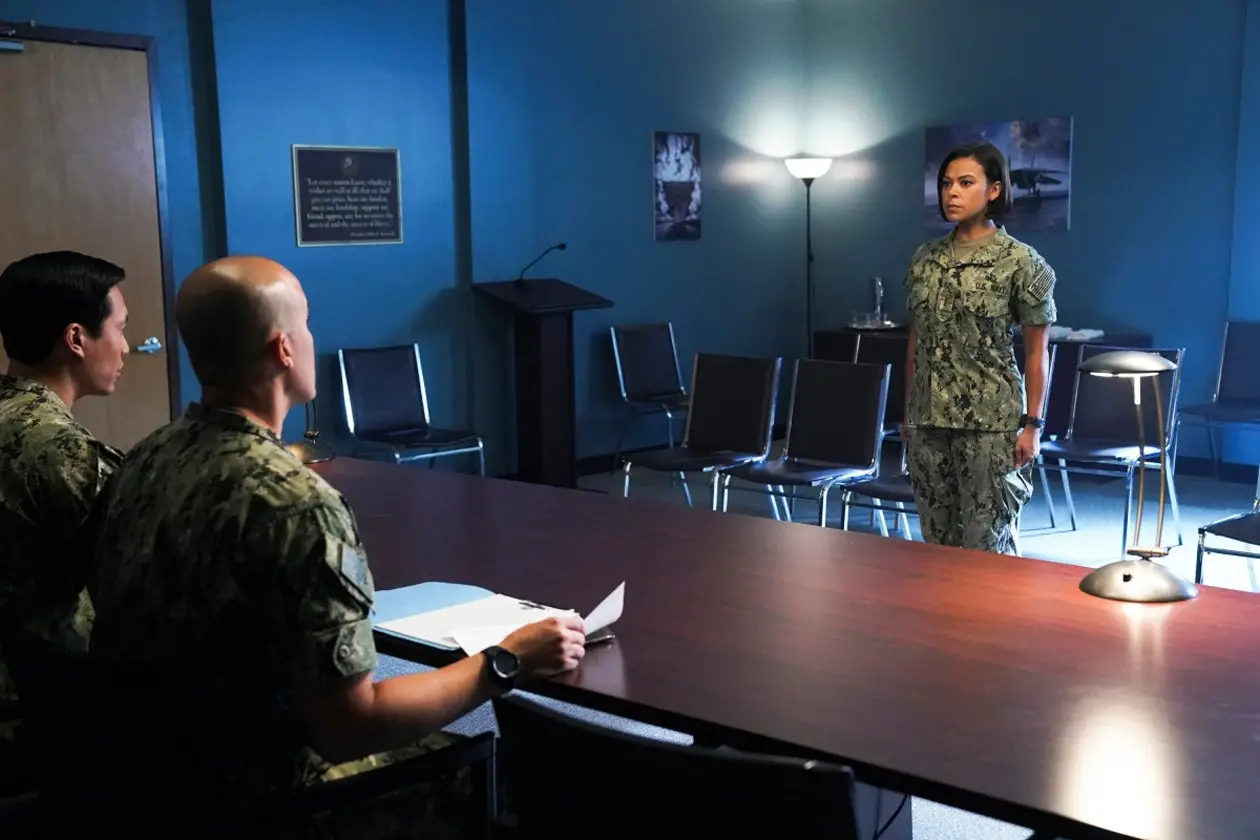A court-martial is a criminal trial in the military to prosecute members of the armed forces accused of violating one or more Articles of the Uniform Code of Military Justice (UMCJ). In many ways, a modern Court-Martial looks very similar to an ordinary criminal trial in a local State jurisidction. However, there are a few main differences. .
This article aims to provide an basic understanding of what a court-martial entails, exploring its types, processes, rights of the accused, differences from civilian trials, and its historical evolution.
Types of Court-Martial
The military justice system categorizes court martials into three types: Summary court-martial, special court-martial, and general court-martial. Each type varies in terms of jurisdiction, the severity of offenses it addresses, the composition of the court, and potential punishments.
Summary Court-Martial
A summary court-martial is the least severe type of court-martial in the military justice system. It is often seen as an Article 15 with a slightly higher level of maximum punishment. The maximum total punishment that can be received at a Summary Court-Martial by an E-4 or below is is 30 days of confinement, 45 days of hard labor, 60 days of restriction, forfeiture of 2/3 pay, and reduction to the lowest enlisted grade. E-5s and above can only reiceve restriction of 60 days or below, forefeiture of 2/3 pay for one month, and reduction of one grade. Only Enlisted Servicemembers can go to a Summary Court Martial. A Summary Court-Martial cannot punitively discharge anyone. Unlike Special and General Courts-Martial, a conviction at a Summary Court-Martial is not recognized as a criminal conviction by State or Federal jurisdictions. Instead, it is treated as an adverse administrative action. Although a Servicemember is not entitled to a military attorney at a Summary Court-Martial, they can still hire a private attorney to represent them at such a proceeding. Because of the lower maximum punishment, there are less procedural rights at a Summary Court-Martial. For example, there is no right to a trial by Panel (jury). Instead, a Summary Court-Martial Officer (SCMO) will preside at the hearing.
Special Court-Martial
A special court-martial is a mid-level court that deals with more serious offenses than those addressed by a summary court-martial but are less severe than those requiring a general court-martial.
A conviction at a Special Court-Martial is considered a criminal conviction in most, if not all, jurisdictions. Although some jurisdictions recognize a conviction at Special Court-Martial as a Misdemeanor conviction, other jurisdicitons will look at the underlying offense to determine whether to treat the conviction as a misdemeanor or a felony.
Eligible Offenses
Almost all violations of the UCMJ except for the most serious offenses, (ex: violations of Article 120, UCMJ – rape and sexual assault or Article 118, UCMJ murder) can be tried at a Special Court-martial.
Composition of the Court
An Accused has the right to a panel at a Special Court-Martial. The panel can include up to 5 members, but will include at least three members. An Enlisted Servicemember has the right to have the panel consist of at least 2/3 Enlisted Servicemembers. An Accused can also request to be tried by a Military Judge alone.
Rights of the Accused
The accused in a Special Court-Martial has the right to legal representation, by a military defense attorney, civilian attorney, or both if they choose. An Accused facing Special Court-Martial is entitled to many procedural rights, such as the right to receive and demand Discovery materials, file motions, etc.
Possible Punishments
Punishments from a special court-martial can include confinement for up to one year, a bad conduct discharge, forfeiture of pay, and reduction in rank.
These penalties are more severe than those available in a summary court-martial, reflecting the more serious nature of the offenses addressed. A bad conduct discharge, in particular, can have significant long-term consequences for a service member’s civilian career and life. A Serviecmember who recieves a Bad Conduct Discharge is, ordinarily, not considered a veteran by the Department of Veteran’s Affairs (VA).
General Court Martial
A General Court-Martial is the highest and most serious level of court-martial, reserved for the most severe offenses, including those comparable to felony crimes in civilian courts.
Eligible Offenses
All offenses under the UMCJ can be tried by a General Court-Martial. Several crimes, such as rape, can only be tried by a General Court-Martial due to the seriousness of the alleged crime.
Composition of the Court
A general court-martial consists typically of a military judge and eight members, which can include both Officers and Enlisted Serivcemembers if the Accused is also Enlisted. If there is a panel, there must be at least five panel members.
Rights of the Accused
The accused in a general court-martial has extensive rights to ensure a fair trial. These rights include the right to a military or civilian defense attorney, to a thorough and formal trial process, to present and cross-examine witnesses, and to appeal the decision. Unlike a Special Court-Martial, this also includes the right to an Article 32, preliminary hearing. At this hearing, the Accused has the right to hear the Government’s evidence presented to a Preliminary Hearing Officer (PHO) who will recommend to the Convening Authority, the Officer with the authority to convene a Court-Martial, four things: 1. Whether the proposed Charge Sheet correctly states an alleged violation of the UCMJ, 2. Whether there is jurisdiction over the Accused, 3. Whether any proposed violation of the UMCJ has Probable Cause, and 4. What level of Court-Martial is appropriate should the Convening Authority choose to pursue the charges.
Possible Punishments
A General Court-Martial can sentence an Acused to the offense’s maximum punishment under the UCMJ. For example, a General Court-Martial can be convened to adjudicate a violation of Article 128, UMCJ (Simple Assault) and have a maximum maxmimum term of confinement of 6 months of confinement or it can be convened to adjudicaet a violation of Article 1120b, Sexual Assault of a child, and have a maxmimum term of confinement of 30 years.
Impact of Courts-Martial on you
A conviction at a Court-Martial can lead to a punitive discharge from the military, thus leading to the loss of all military benefits. It can constitute a felony conviction. No matter what happens, facing a Court-Martial is a life altering event.
At Crisp and Associates Military Law, we specialize in defending service members in courts-martial. Our team of experienced attorneys understands the unique challenges of military law and is committed to providing the best possible defense.
Contact us today for a free consultation and let us help you navigate the complexities of the military justice system.



